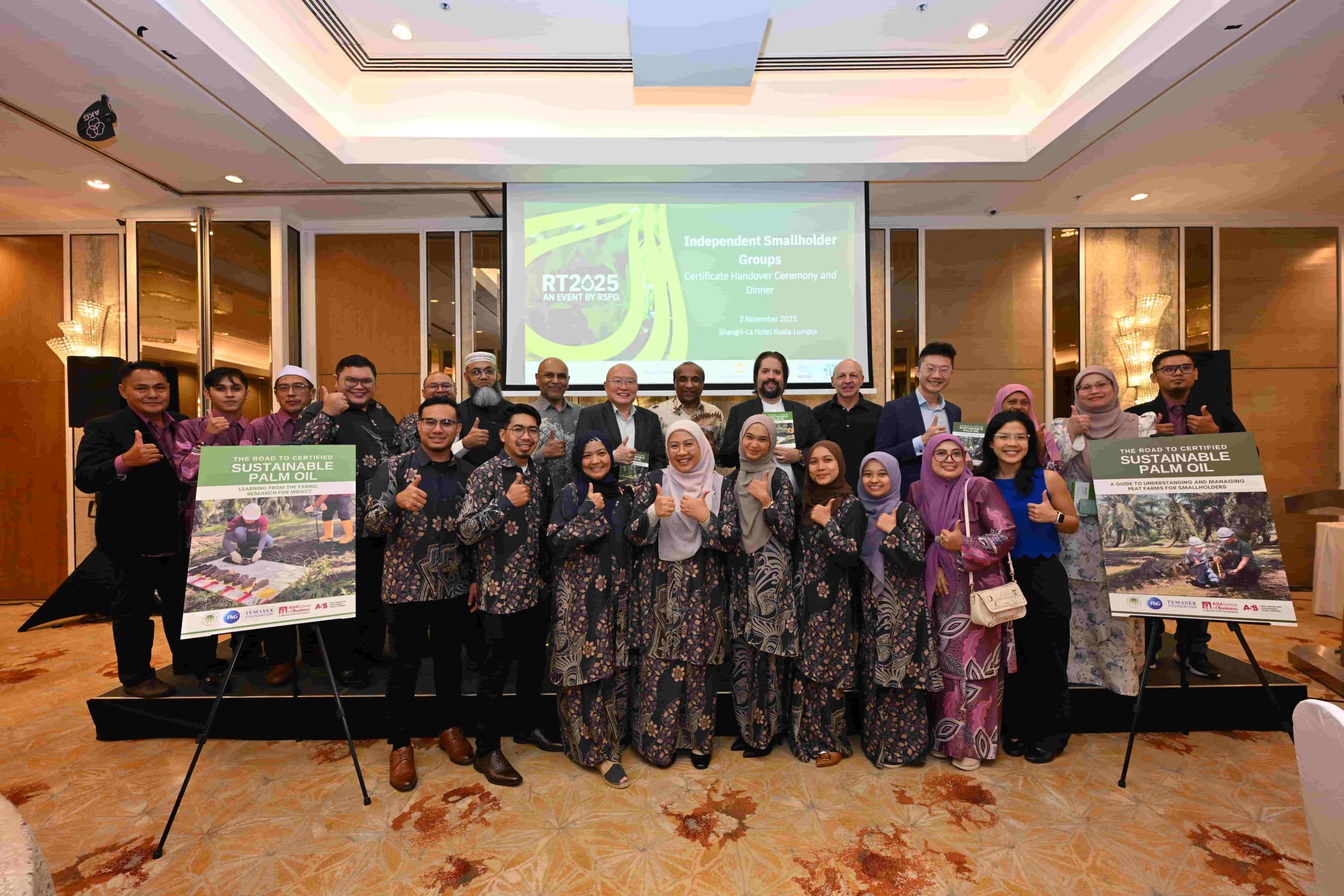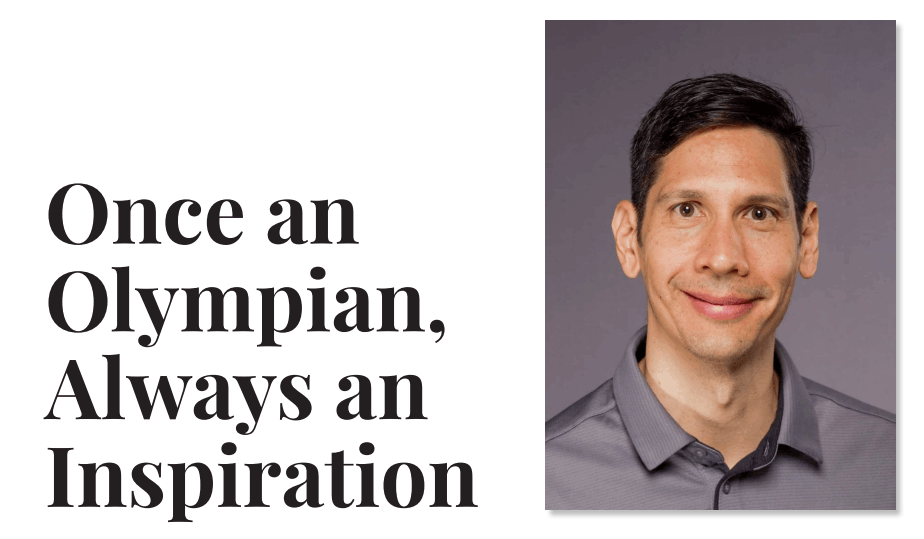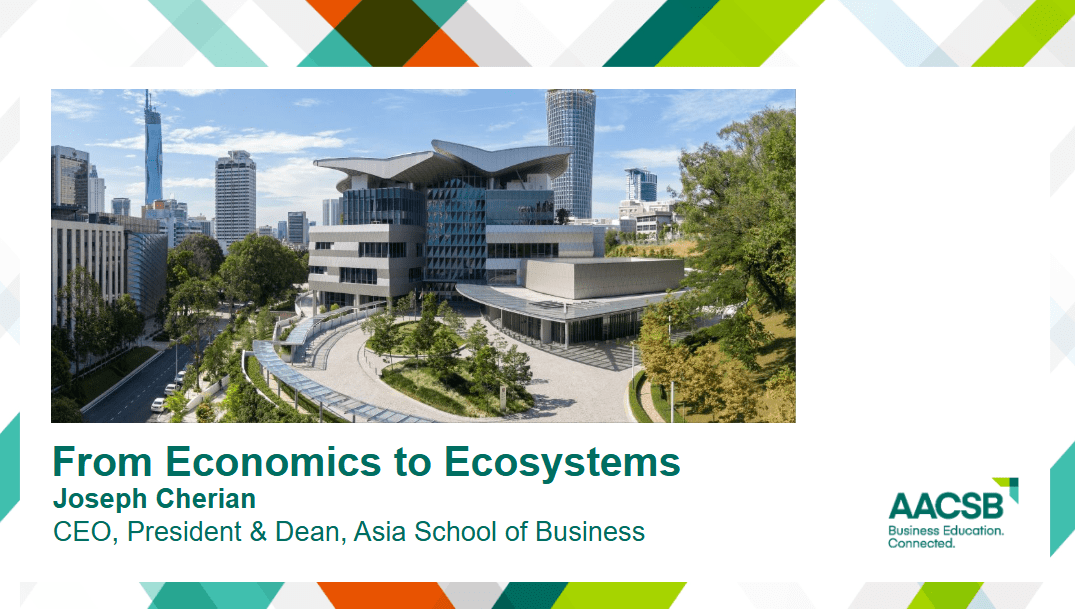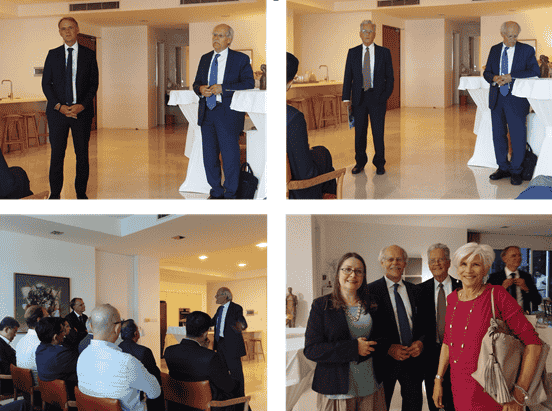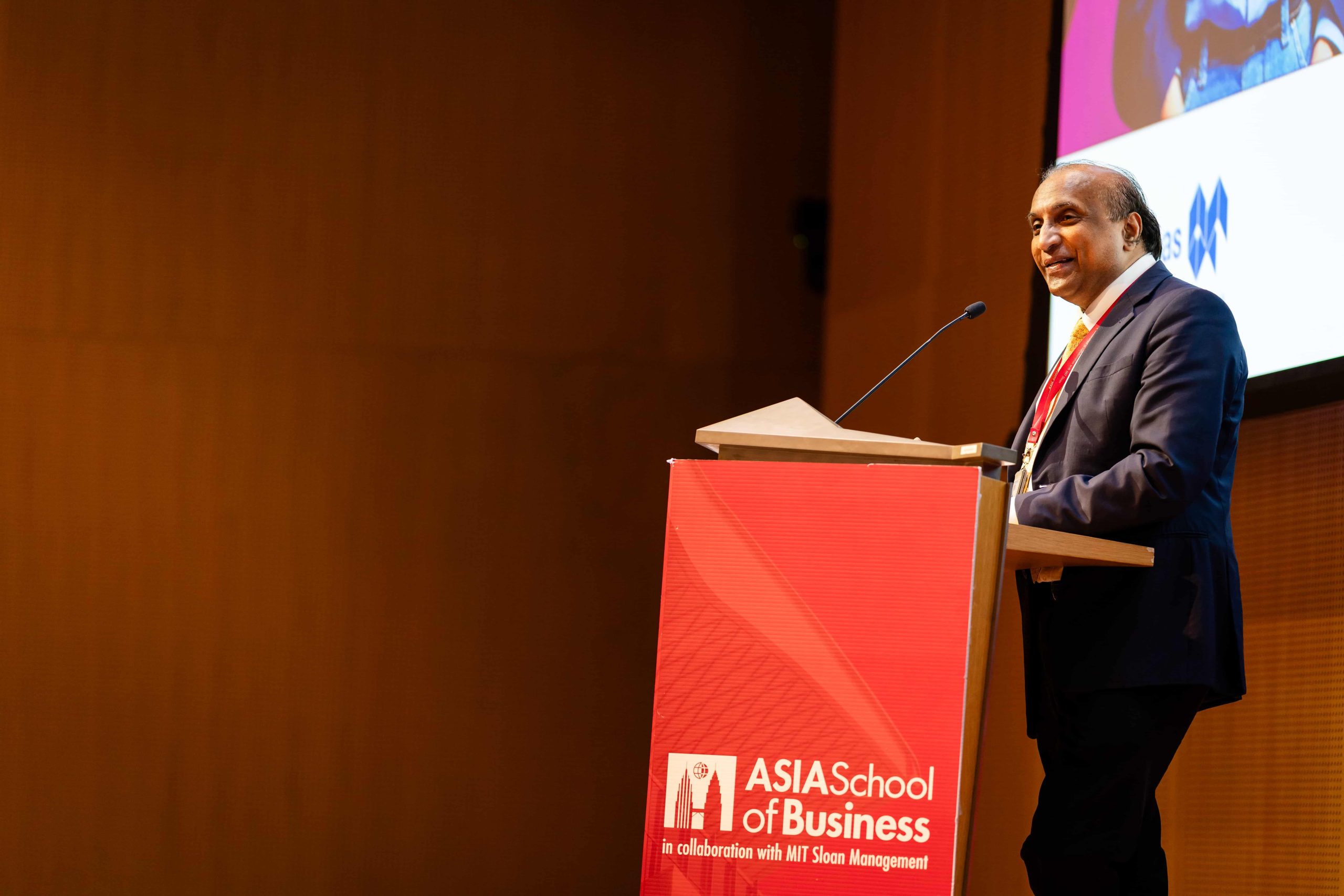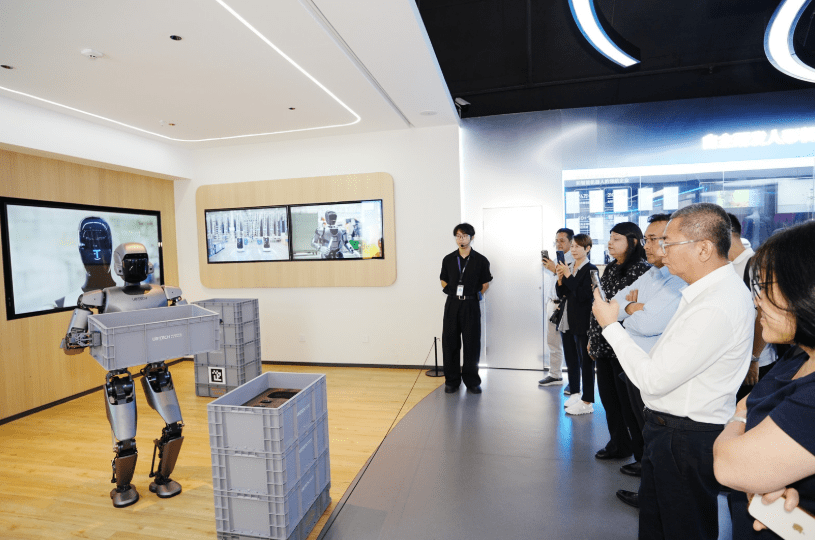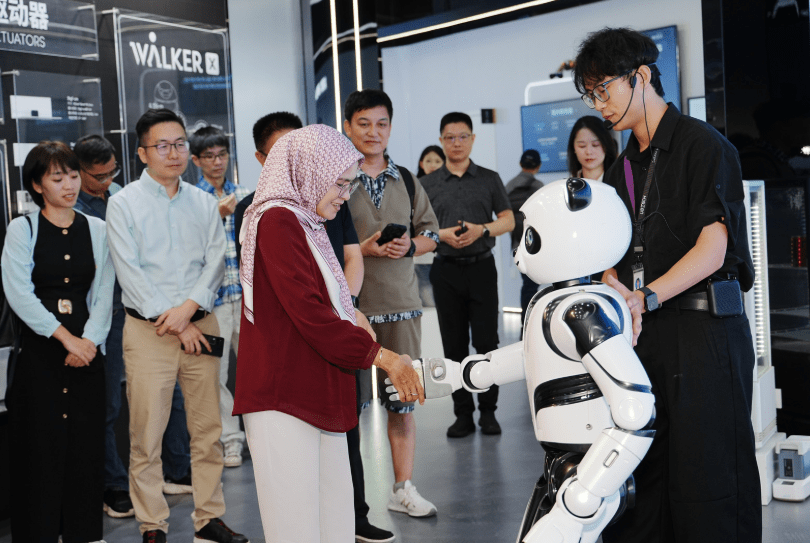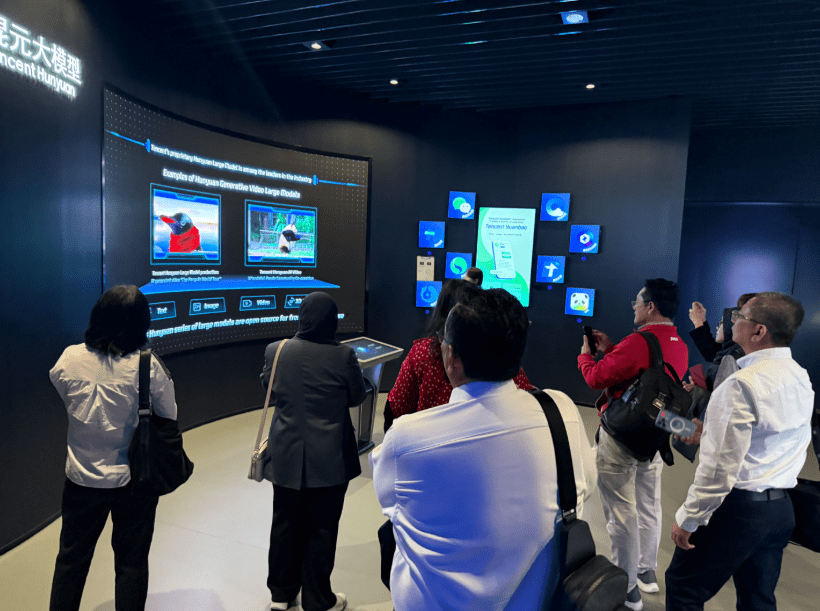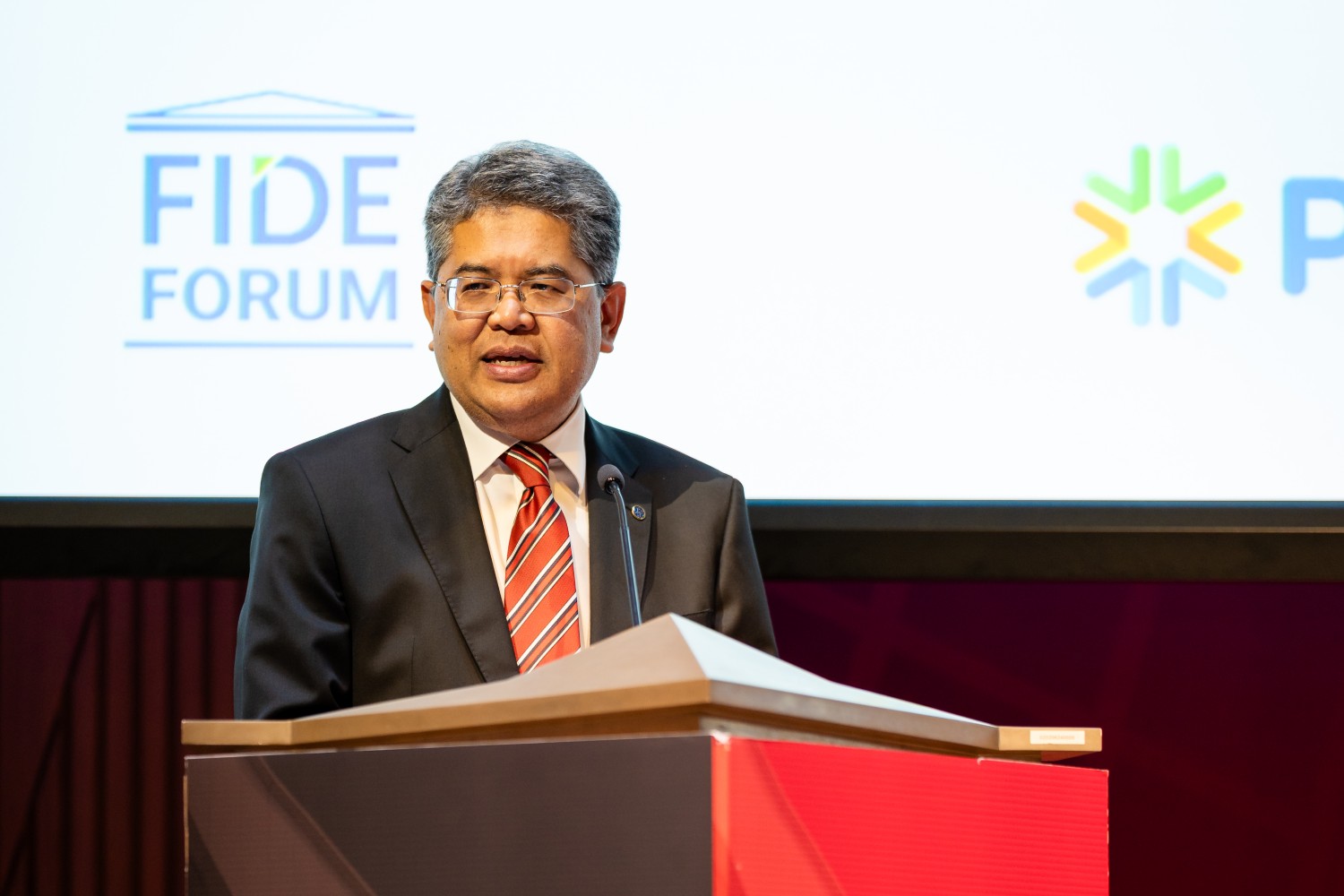P&G Center for Sustainable Small-owners Launches Two Insightful Publications on Research and Oil Palm Smallholder Sustainability and Inclusion
2 November 2025, Kuala Lumpur, Malaysia – The P&G Center for Sustainable Small-owners (CSS) at the Asia School of Business (ASB) has launched two new books under its Road to Certified Sustainable Palm Oil (CSPO) series, marking another milestone in evidence-based research and inclusive sustainability for Malaysia’s independent palm oil smallholders.
The books were unveiled during the Smallholder Dinner and Certificate Awards Ceremony, hosted by the Roundtable on Sustainable Palm Oil (RSPO) in conjunction with the RSPO Annual Roundtable 2025 (RT25).
The two titles — The Road to Certified Sustainable Palm Oil: A Guide to Understanding and Managing Peat Farms for Smallholders and The Road to Certified Sustainable Palm Oil: Learning from the Farms – Research for Impact — reflect CSS’s dual commitment to science-based knowledge and practical empowerment for smallholders through the P&G Smallholder Program.
Established in 2019 with support from Procter & Gamble (P&G) and hosted by ASB, CSS bridges research and practice to empower over 900 independent smallholders in Batu Pahat and Pontian, Johor, with sustainable, inclusive, and data-driven farming solutions, bringing them to achieve RSPO Smallholder certification and receive Premium for their oil palm produce. Rooted in field research and farmer collaboration, CSS represents an impactful effort to ensure that no farmer is left behind in the transition to certified sustainable palm oil.
“Sustainability in palm oil cannot be achieved by exclusion. It must include every farmer, different soil types, and every local reality,” said Professor Joe Cherian, CEO, President, Dean, and Distinguished Professor at ASB. “These books show how science, fieldwork, and partnership can transform challenges into pathways for inclusion, productivity, and environmental responsibility.”
P&G Chemical’s Sustainability Director, Francis Wiederkehr, echoed this commitment:
“In today’s global supply chains, including smallholder farmers is not just a philanthropic add-on — it is fundamental to our ESG strategy. When we support independent growers with knowledge, access, and systemic inclusion, we strengthen supply chain resilience, elevate livelihoods, and advance our ambition to source responsibly. Sustainable sourcing only becomes truly sustainable when every farmer, big or small, is a partner in the journey.”
Dr. Asad Ata, Director of CSS and Professor of Practice in Operations and Supply Chain Management at ASB, added:
“This publication shines a light on tropical peatlands, that are not to be further developed given their importance as carbon sinks and are often seen as difficult for cultivation. With Malaysia and Indonesia home to over 23 million hectares of peatland, 10% of which is cultivated with oil palm, it is important to reframe them as opportunities for responsible and inclusive sustainability to avoid exclusion of the smallholders and further deterioration of the soil. This guide provides a timely, science-based reference for smallholders with existing peatland plantations on how to balance productivity with preservation.”
Independent smallholders continue to face barriers such as limited access to knowledge, financing, and markets, as well as the complexities of managing peat soils and meeting certification requirements. The two books highlight practical, inclusive, and research-driven solutions to overcome these challenges and strengthen smallholder participation in sustainable supply chains.
Book 1: Understanding and Managing Peat Farms for Smallholders
This publication shines a light on tropical peatlands, often seen as difficult for cultivation, by reframing them as opportunities for responsible and inclusive sustainability. With Malaysia and Indonesia home to over 23 million hectares of peatland, 10% of which is cultivated with oil palm, the guide provides a timely, science-based reference on how to balance productivity with preservation.
Four Key Highlights:
- Bridging Science and Practice – Translates global research on peat and climate into locally relevant, farmer-friendly insights.
- Inclusivity in Sustainability – Promotes responsible management for legacy peat farms, ensuring no farmer is left behind, and they continue to benefit from the land, while preserving it for the future.
- Evidence-Based Interventions – Field data show farms applying good agricultural practices (GAP) achieved up to 35% yield improvement within three to four years.
- Shared Responsibility Framework – Connects peat management to Malaysia’s NDPE commitments and the UN SDGs, reinforcing smallholder roles in climate action.
Book 2: Learning from the Farms – Research for Impact
A compilation of applied studies, this volume showcases how real-world data from the program’s smallholder farms in Johor inform CSS’s program design, impact assessment, and policy engagement. It includes 11 studies across four themes; supply chain and traceability, RSPO smallholder certification, training and GAP awareness, and environment and agronomy.
Four Key Highlights:
- Field-Based Evidence – Data from learning and control farms guide targeted, measurable interventions.
- Digital Traceability Models – A Johor pilot demonstrates how digital tools modernize collection centers and enhance transparency.
- Practical Impact – Shows how awareness and capability building foster sustainable practices and stronger livelihoods.
- Scalable Solutions – Offers replicable models for policymakers, donors, and industry to expand responsible sourcing and inclusion.
Advancing Evidence-Based Sustainability through Collaboration
Both publications reinforce CSS’s role as a research and implementation hub at ASB. By combining academic rigor with practical fieldwork, CSS supports Malaysia’s broader sustainability and climate goals—advancing ethical sourcing, carbon stewardship, and smallholder prosperity.
CSS has collaborations with many industry stakeholders, including the plantation groups, district farmer associations and cooperations, such as Pertubuhan Peladang Kawasan, fertilizer chains and research and academic institutions such as UiTM, and Kellogg Northwestern, USA.
As the journey toward CSPO continues, CSS calls on academia, corporations, NGOs, and policymakers to collaborate in scaling inclusive, data-driven solutions that empower smallholders as equal partners in a sustainable future.
The CSS Road to CSPO series can accessed at https://csslibrary.publuu.com
Issued by: Asia School of Business
Contact:
Dr. Asad Ata
Centre for Sustainable Small-owners (CSS)
Asia School of Business
11, Jalan Dato Onn,
50480 Kuala Lumpur, MALAYSIA
Tel: +603 2023 3000
Email: hello.css@asb.edu.my
ABOUT THE P&G CENTER FOR SUSTAINABLE SMALL-OWNERS (CSS)
The P&G Center for Sustainable Small-owners (CSS) was launched in 2019, by funding from Procter & Gamble (P&G), to deliver on its Ambition 2030 goals through the P&G smallholders initiative. Housed at Asia School of Business (ASB), CSS is committed to empowering and improving smallholders’ livelihoods through traceability, compliance and capacity building through training and implementation of sustainable and best in class agricultural practices in accordance with global standards.
P&G serves consumers around the world with one of the strongest portfolios of trusted, quality, leadership brands. The P&G community includes operations in approximately 70 countries worldwide. Please visit https://www.pg.com for the latest news and information about P&G. For further information on P&G’s Responsible Palm Sourcing Program please contact: Dr Siân Morris (morris.s.1@pg.com).
ASB was established in 2015 in collaboration with MIT Sloan School of Management. ASB’s mission is to become a premier school of management in Asia and be recognized for its ability to develop transformative and principled leaders who will contribute to a better future and advance the emerging world. For more information, see https://asb.edu.my/research-office/center-sustainable-small-owners/.





